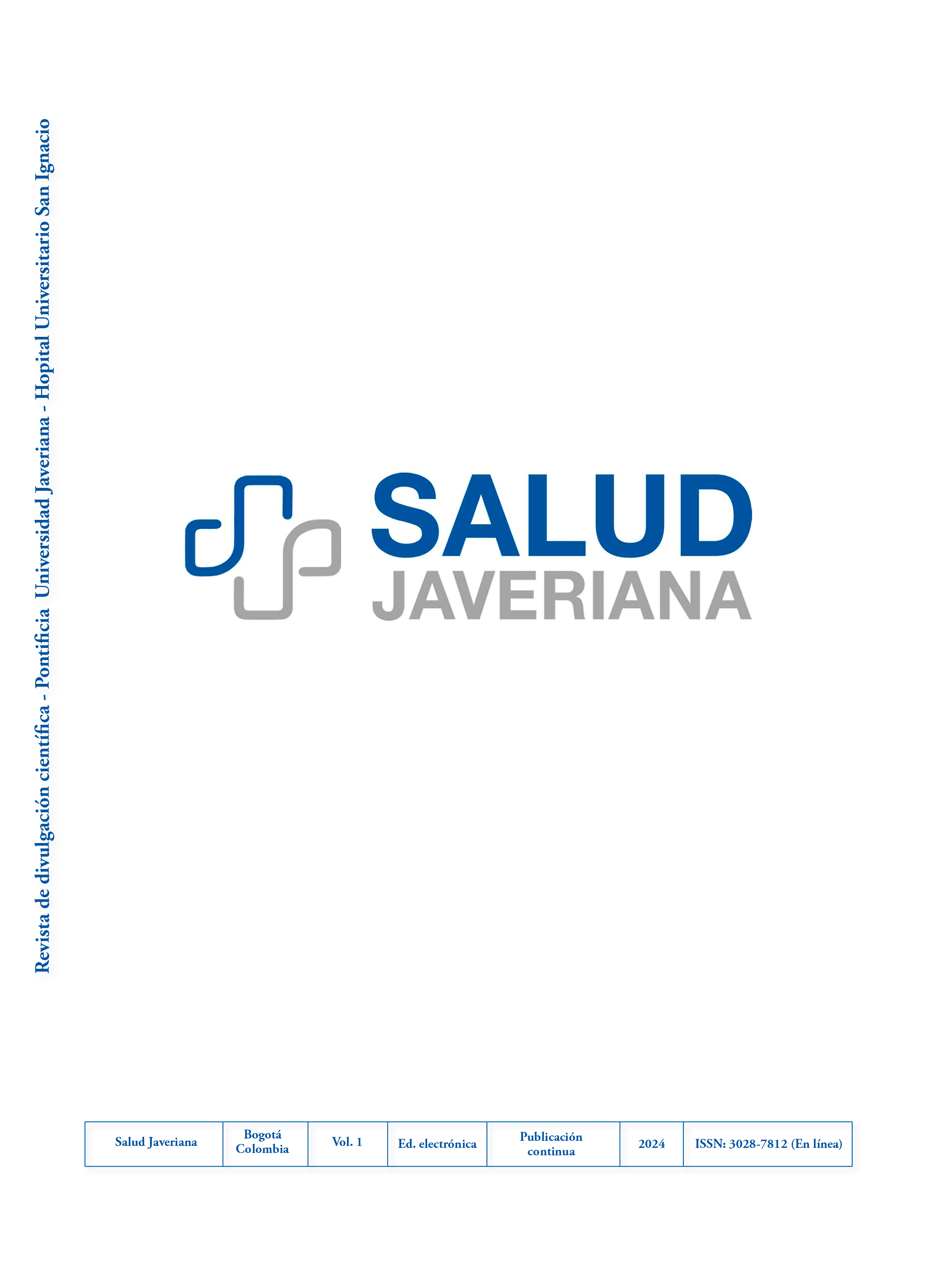Resumen
Introducción: El cáncer de pulmón de células no pequeñas (NSCLC) es el fenotipo más prevalente de neoplasia pulmonar. Este estudio tiene como objetivo revisar la eficacia de la secuenciación de nueva generación (NGS), en comparación con otras técnicas para identificar mutaciones accionables en muestras de tejido tumoral o muestras de sangre con ADN tumoral circulante (ctDNA) de pacientes con NSCLC elegibles para terapia sistémica. Métodos y análisis: Se identificaron estudios de prueba diagnóstica elegibles utilizando una estrategia de búsqueda predefinida en Medline y PubMed. Los resultados de los estudios individuales se extrajeron para calcular los valores de rendimiento diagnóstico de la prueba, como sensibilidad, especificidad y valor predictivo. El rendimiento diagnóstico de la NGS se comparó con las técnicas recomendadas por las guías de NCCN y ESMO. La revisión y el metanálisis se adherirán a las guías de los Ítems de Reporte Preferidos para Revisiones Sistemáticas y Meta-análisis (PRISMA-P). Discusión: Identificar mutaciones accionables en muestras tumorales es crucial para el manejo del NSCLC avanzado. La NGS ofrece beneficios al detectar múltiples alteraciones genéticas simultáneamente, aunque su alto costo y los requisitos de tiempo dificultan su uso generalizado. La revisión sistemática evaluará la precisión diagnóstica y los beneficios clínicos de la NGS en comparación con otras técnicas, considerando factores como el tiempo de respuesta de la prueba. Para abordar desafíos como la dificultad de obtener datos detallados de los pacientes e interpretar mutaciones de significado clínico incierto, se buscará evidencia de estudios clínicos y guías para proporcionar información integral.
1. Yousefi M, Jalilian H, Heydari S, Seyednejad F, Mir N. Cost of lung cancer: a systematic review. Value Health Reg Issues. 2023 Jan 1;33:17–26. https://doi.org/10.1016/j.vhri.2022.07.007
2. Bray F, Laversanne M, Sung H, Ferlay J, Siegel RL, Soerjomataram I, et al. Global cancer statistics 2022: GLOBOCAN estimates of incidence and mortality worldwide for 36 cancers in 185 countries. CA Cancer J Clin. 2024 May 4;74(3):229–63. https://doi.org/10.3322/caac.21834
3. Bray F, Colombet M, Aitken J, Bardot A, Eser S, Galceran J, et al. Cancer incidence in five continents, vol. XII (IARC CancerBase No. 19) [Internet]. Lyon; 2023 [cited 2024 May 31]. Available from: https://ci5.iarc.who.int
4. Wood R, Taylor-Stokes G. Cost burden associated with advanced non-small cell lung cancer in Europe and influence of disease stage. BMC Cancer. 2019 Dec 8;19(1):214. https://doi.org/10.1186/s12885-019-5428-4
5. Ezeife DA, Morganstein BJ, Lau S, Law JH, Le LW, Bredle J, et al. financial burden among patients with lung cancer in a publically funded health care system. Clin Lung Cancer [Internet]. 2019 Jul 1;20(4):231–6. Available from: https://linkinghub.elsevier.com/retrieve/pii/S1525730418303346
6. Hendriks LE, Kerr KM, Menis J, Mok TS, Nestle U, Passaro A, et al. Oncogene-addicted metastatic non-small-cell lung cancer: ESMO Clinical Practice Guideline for diagnosis, treatment and follow-up. Ann Oncol. 2023 Apr;34(4):339–57.
7. Kristina Gregory N, Miranda Hughes O, Aisner DL, Akerley W, Bauman JR, Bruno DS, et al. NCCN guidelines version 3.2023 non-small cell lung cancer continue NCCN Guidelines Panel Disclosures [internet]. 2023. Available from: https://www.nccn.org/home/member-
8. Grodzka A, Knopik-Skrocka A, Kowalska K, Kurzawa P, Krzyzaniak M, Stencel K, et al. Molecular alterations of driver genes in non-small cell lung cancer: from diagnostics to targeted therapy. EXCLI J [Internet]. 2023 Jan 2;22:415–32. Available from: http://www.ncbi.nlm.nih.gov/pubmed/37346803
9. Nesline MK, Knight T, Colman S, Patel K. Economic burden of checkpoint inhibitor immunotherapy for the treatment of non–small cell lung cancer in US clinical practice. Clin Ther [Internet]. 2020 Sep 1;42(9):1682-1698.e7. Available from: https://linkinghub.elsevier.com/retrieve/pii/S0149291820303283
10. Haslem DS, Van Norman SB, Fulde G, Knighton AJ, Belnap T, Butler AM, et al. A Retrospective analysis of precision medicine outcomes in patients with advanced cancer reveals improved progression-free survival without increased health care costs. J Oncol Pract. 2017 Feb 1;13(2):e108–19. https://doi.org/10.1200/JOP.2016.011486
11. Villaruz LC, Socinski MA, Weiss J. Guidance for clinicians and patients with non-small cell lung cancer in the time of precision medicine. Front Oncol. 2023 Feb 1;13. https://doi.org/10.3389/fonc.2023.1124167
12. Mosele F, Remon J, Mateo J, Westphalen CB, Barlesi F, Lolkema MP, et al. Recommendations for the use of next-generation sequencing (NGS) for patients with metastatic cancers: a report from the ESMO Precision Medicine Working Group. Annals of Oncology [Internet]. 2020 Nov 1;31(11):1491–505. Available from: https://linkinghub.elsevier.com/retrieve/pii/S0923753420399713
13. Liberati A, Altman DG, Tetzlaff J, Mulrow C, Gotzsche PC, Ioannidis JPA, et al. The PRISMA statement for reporting systematic reviews and meta-analyses of studies that evaluate healthcare interventions: explanation and elaboration. BMJ. 2009 Dec 4;339(jul21 1):b2700–b2700.
14. Whiting PF. QUADAS-2: a revised tool for the quality assessment of diagnostic accuracy studies. Ann Intern Med. 2011 Oct 18;155(8):529.

Esta obra está bajo una licencia internacional Creative Commons Atribución 4.0.
Derechos de autor 2025 Jose Nicolás Tellez Castillo, Ana María Goyeneche, Ricardo Elias Bruges Maya, Raul Hernando Murillo Moreno, Oscar Andres Gamboa Garay



